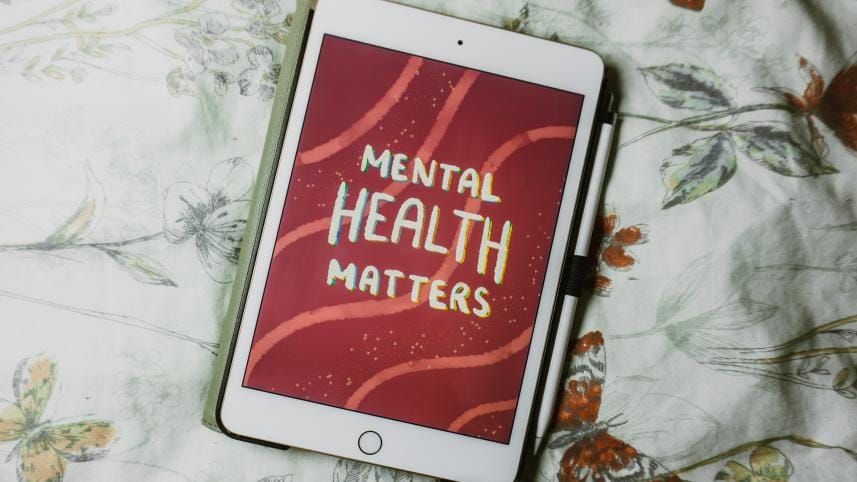Unrest and your health: Why your body hates social chaos

Often, stress and anxiety triggered by feelings of uncertainty can have profound effects on our overall health. Such situations demand not only physical safety measures but also strategies to safeguard our mental well-being. Dr Nasir Uddin Ahmed, a psychiatric consultant at Shono, and Assistant Professor at Sher-E-Bangla Medical College, Barisal sheds light on the psychological effects of prolonged exposure to turmoil.
Effects of stress
During periods of intense stress, such as those experienced during social unrest, the body's "fight-or-flight" response is activated. This response, while beneficial in short bursts, can become detrimental when sustained over long periods.
Exposure to prolonged periods of unrest can lead to a spectrum of mental health issues — from anxiety and insomnia to severe cases of depression. Dr Ahmed warns that direct exposure to violence could also precipitate conditions such as post-traumatic stress disorder (PTSD).
Moreover, the stress associated with such unrest is not confined to mental effects — it can extend to physical health, manifesting as heart complications, chronic sleep disturbances, and elevated blood pressure.
Fighting anxiety
Trauma can manifest in various physical and emotional ways; recognising these signs and seeking appropriate help is vital. So, acknowledge your feelings and give yourself permission to grieve or react.
While staying informed is essential, overconsumption of distressing news can exacerbate stress and anxiety. Dr Ahmed stresses the importance of managing news consumption — "Reducing screen time, particularly before sleep, and setting specific times to update yourself on news can prevent feelings of being overwhelmed while keeping you adequately informed".
Therefore, limit your news intake to specific times of the day and rely on trustworthy sources to avoid misinformation, which can fuel unnecessary fears.
One of the less obvious but telling signs of deteriorating mental health is the emergence of nightmares or night terrors and unexpected bouts of anger. "These symptoms indicate that conditions are affecting your mental health more seriously than you might realise," notes Dr Ahmed.
Strategic approaches to mental wellness
During times of crisis, a heightened state of alertness can erode one's sense of peace, including sleep. "To foster healthy sleep patterns, engage in regular aerobic exercises, cut back on stimulants like caffeine, and ensure your diet is balanced," Dr Nasir Uddin Ahmed advises.
He believes in nurturing mental peace as well as the body – through music, journaling, or connecting with nature to calm the restless mind. Practices such as meditation, deep breathing, and progressive muscle relaxation can reduce stress and enhance your mood by activating the body's relaxation response.
"Incorporating relaxation techniques such as breathing exercises, progressive muscle relaxation, or mindfulness practices can significantly reduce stress," Dr Ahmed recommends. These techniques are not only accessible through resources like YouTube but are also easy to integrate into daily routines.
In moments of acute stress, Dr Ahmed recommends simple yet effective methods: "Focus on deep breathing exercises or find a quiet space to lie down and relax. These actions can provide immediate relief and help stabilise your emotions."
Dr Ahmed suggests, "Don't underestimate the healing power of connection. Regular touchpoints with friends and family can anchor you, providing emotional sustenance in turbulent times."
As we navigate through storms of uncertainty, we should remember that while we may not control the chaos outside, we can cultivate calm within. We need to recognise when we need help and take steps to seek it. Preserving our mental health is not just about surviving the present; it's about investing in our long-term well-being.



 For all latest news, follow The Daily Star's Google News channel.
For all latest news, follow The Daily Star's Google News channel.
Comments